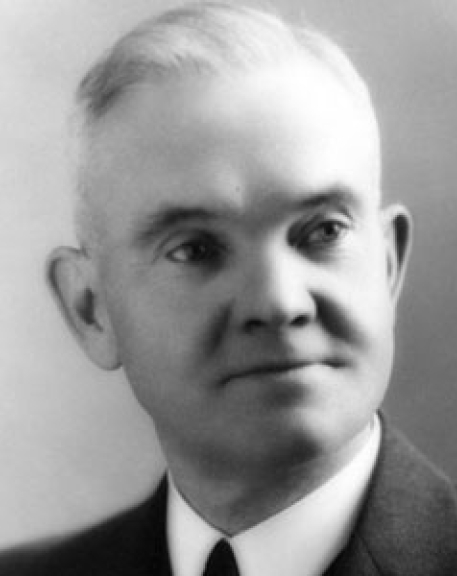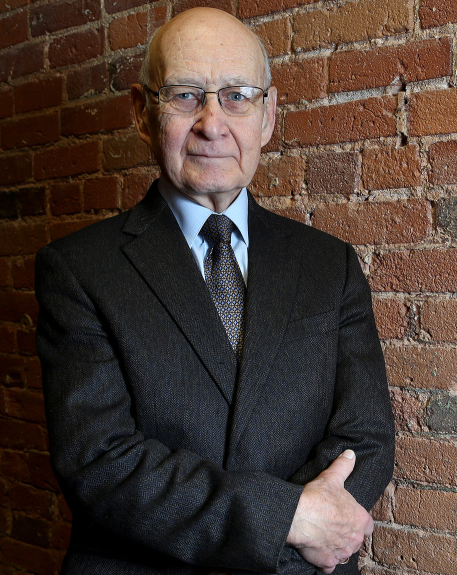2000 INDUCTEE G. Malcolm Brown, MD DPhil Leadership in Organizational Development, Global Health, Health Policy
July 16, 1916
(Campbellford, Ontario)
May 19, 1977
MD, Queen’s University (1938)
DPhil, Oxford University (1940)
1976: Officer of the Order of Canada
1966: Fellow of the Royal Society of Canada
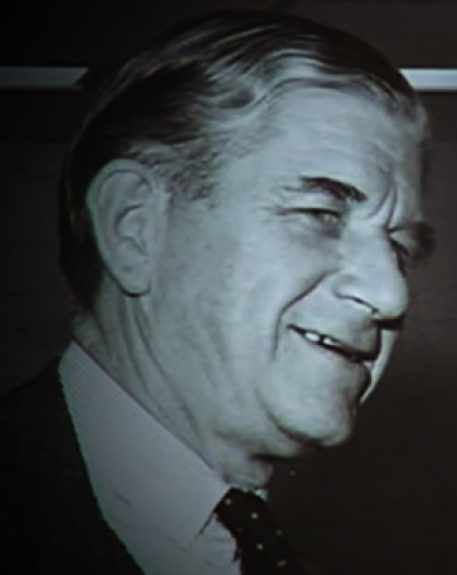
Became an influential architect of medical research
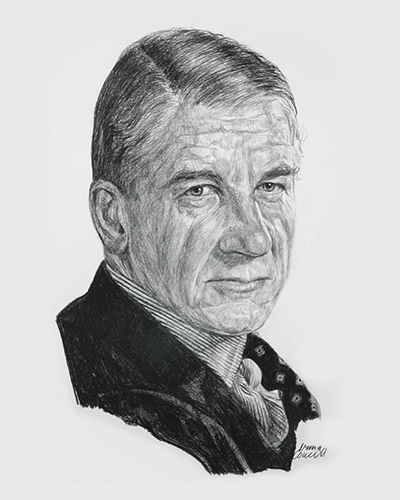
A physician, leader and builder of high-quality medical research in Canada
After teaching at Queen’s University in Kingston, Ontario, Malcolm Brown took on a series of leadership role through which he would have a major impact on the landscape of medical research in Canada. These roles included service as president of the national governing body of Canadian medical specialists in Ottawa, the Royal College of Physicians and Surgeons of Canada. Perhaps most notable among these roles was as the first full-time president of the Medical Research Council of Canada, an institution he had served as a committee member since 1953. His competent organization, energetic promotion, and fair-handed judgment were crucial in allowing the MRC to support medical research across the country in an effective and progressive manner during a period of rapid growth.
Key Facts
Served as President of the Ontario College of Physicians and Surgeons
Authored many papers in the fields of malaria research, cold physiology, haematology and gastroenterology
Led Queen’s University’s Arctic Expedition to study how Inuit people adapt to cold climates
Became an elected member of the American Society for Clinical Investigation and the American Clinical and Climatological Society
Honoured with the title of Master of the American College of Physician
Professional timeline
Impact on lives today
Dr. Brown set Canada on the path of becoming a competitive force on the world stage of medical research through his high standards of excellence and tireless advocacy. In the first 25-years of the MRC’s existence, it dispensed over $1.3 billion to fund research and training. Today, Brown’s legacy is continued in the work of the Canadian Institutes of Health Research. CIHR annually spends $1 billion to support Canadian health research conducted by 13,000 researchers.
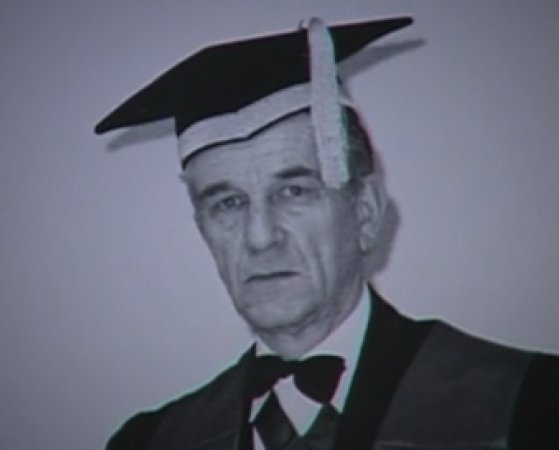
2000
-
Malcolm Brown posthumously inducted into the Canadian Medical Hall of Fame
London, Ontario
-

Brown met his untimely death while still serving as the MRC’s President
Leadership in Organizational DevelopmentHis family and friends established the G. Malcolm Brown Fund to honour his legacy.
-
Parliament passed the Medical Research Council of Canada Act
Health PolicyThis Act turned the MRC into an autonomous crown corporation.
-
Served as a member of the Science Council of Canada until 1970 and became a member of the Council of Trustees of the Institute for Research on Public Policy
While at the MRC, Brown maintained various commitments.
-
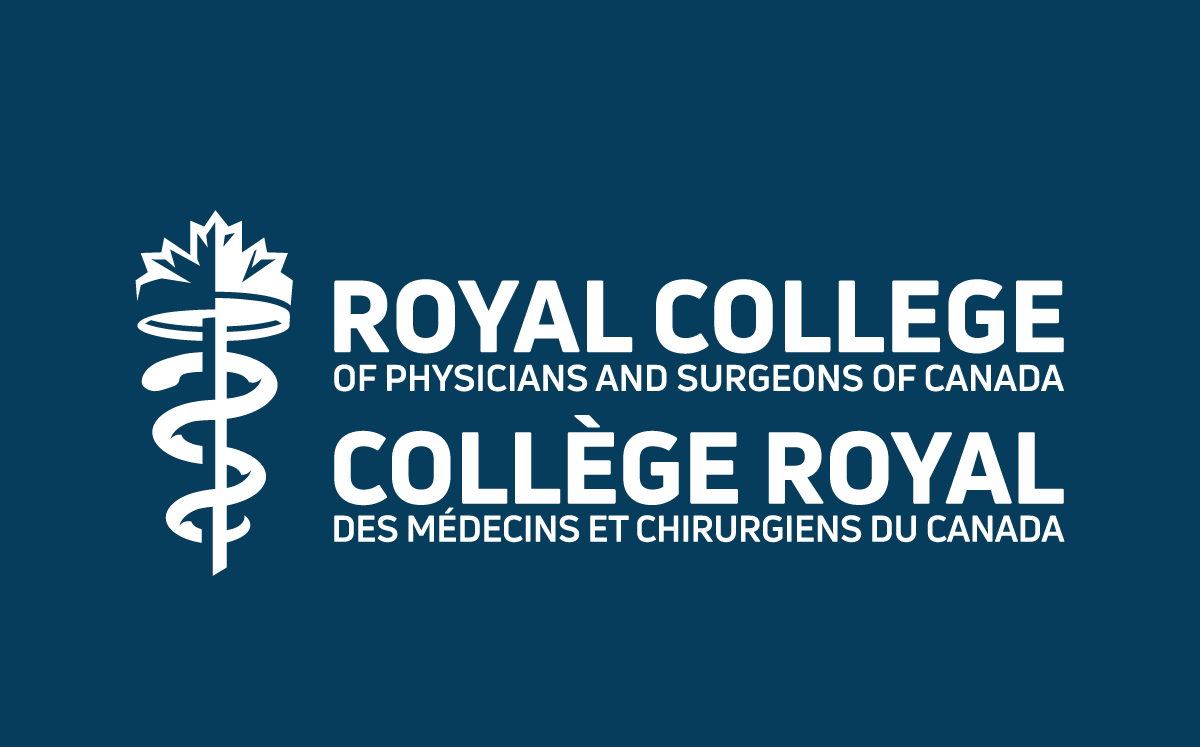
Brown appointed president of the Medical Research Council
Leadership in Organizational DevelopmentAfter serving as president of the Royal College of Physicians and Surgeons, Brown was no stranger to leadership. Under his direction, the MRC’s budget increased four-fold. He also improved the Council’s structural efficiency and expanded the number of committees to 20.
-
The Medical Research Council was established
Its mandate was to “promote, assist and undertake basic, applied and clinical research in Canada in the health sciences.” The Council was also tasked with an advisory role to the Minister of Health.
-

After the Second World War, Brown returned to Queen’s
Health and Medical Education & TrainingHe joined the faculty of medicine as an associate professor. He was appointed full professor of medicine in 1951 and remained with the department until 1965. While at Queen’s, he established a Special Investigation Unit at Kingston General Hospital that encouraged the active participation of patients in research programmes.
-
Joined Canada’s war effort
He served with the Royal Canadian Army Medical Corps in the UK, Italy and Northwestern Europe.
-
Graduated from high school at the age of 16 and soon began medical school at Queen’s University
After medical school, he was awarded a Rhodes Scholarship to Oxford University in 1938. He earned his DPhil in 1940. Next, he went on to specialize in internal medicine at the Radcliffe Infirmary.
1940
Nothing of real consequence happens without leadership.

